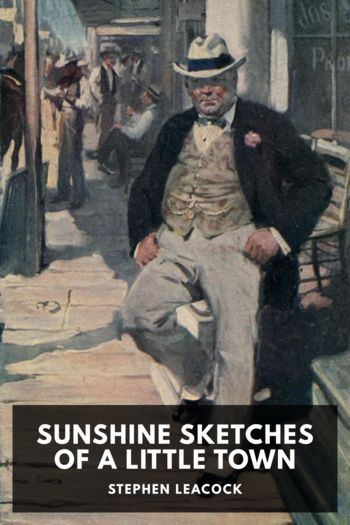Low Country, J. Jones [top 10 best books of all time .TXT] 📗

- Author: J. Jones
Book online «Low Country, J. Jones [top 10 best books of all time .TXT] 📗». Author J. Jones
I came to understand, from the first time I saw him raise a hand to Nana, that his inner well of fury ran too deep to be contained in just one body, and that the terrifying anger behind his violence was the spring of his other most defining quality, his racism. We all understood that the targets of his rage were innocent as we were, more innocent most likely, and his hatred of just about everything fueled his words and actions. Kathleen, the maid Nana had hired to keep house when she started keeping books for the family motels, was the only black person allowed inside their house. He spewed hateful language upon catching sight of a person that did not please him, even on the television. Nana warned us with hurricane seriousness never to bring over friends whose very existence would displease him, to save playdates and off-the-cuff invitations to her house for when he was out of town, with his mistress, it was unsaid truth. She thought she was protecting friends and guests, but it was for her sake just as much. To save herself from his fits. Behind his back, sometimes the boys would dare to approach the incantations that scared us more than his belt, to flat out make fun of him because they could. “Granddaddy’s two favorite words are damn and the N word,” the refrain went. Nothing’s funny about the truth in those words, but laughter, like love, is a kind of rebellion. Derision is an easy shield for children trying to protect themselves from hate they don’t understand and can’t escape. Laughing at him was the only way to gain power over his tyranny.
Nana’s house remains the same as during our childhood, except for the tile that replaced the carpet. It’s a sprawling single-story house with a backyard patio that holds up a porch swing and looks onto a tennis court, something called a rock garden that has always just been a circle of small pebbles ringed with monkey grass and camellia trees, a concrete pool set into the top of a small slope that leads to the one-bedroom Back House and a gardener’s shed. All of this is crowned on the far end by the great magnolia tree, which is without question the best kind of tree for climbing. I have never seen the pool, outfitted with a rusted, crumbling plaster diving board, with any water but a foot of slimy green pond scum that houses families of giant toads and patches of cattail reeds.
The pool was filled with clean swimming water for only their first year on Calhoun Road. Not long after the furniture was moved in and bags were unpacked, Granddaddy and Nana flew to Las Vegas, where the Jones brothers and their wives—and on other trips, their mistresses—went to golf and rub shoulders with gangsters and wannabes like themselves. They left Dad and Leslie in the care of Kathleen, who had worked for the family since the days of the Sea Dip, when she drove up from Georgetown in an old pickup truck whose bed was filled with other black women who commuted to Myrtle Beach to clean the motels that appeared along Ocean Boulevard. When my parents could not afford to buy a crib for me, it was Kathleen who gifted them one of polished walnut. Had she wanted to cool her feet in the water of the pretty seascape held in the windows of the motel rooms she cleaned, she would not have been allowed. Black vacationers were banned from the beaches, as well as motels and hotels and restaurants, and had to venture half an hour north to Atlantic Beach to enjoy the water. Until the mid-1960s, ropes were strung across the beach and well past the breaking waves at the borders of Atlantic Beach to keep sand and sea segregated.
Mike threw a pool party in his parents’ absence, and most of Myrtle Beach High School played quarters on the patio in between make-out sessions in the pool and god knows what else in the Back House. Kathleen, her everyday kindness steeled into the practicalities of survival when faced with a yard full of drunk and coked-up white teenagers, locked herself and the two younger boys in a bedroom and called the police. After that, Granddaddy drained the pool. He had an excuse to throw a few punches at Mike, not that he ever needed any, and to then throw him out of the house for good. He had already kicked him out once for refusing to crop his hair military-short, probably hoping that he’d be drafted sooner rather than later. Such was the offense of needing your bangs trimmed, were you male. At fourteen, Dad brought home a friend who Granddaddy chased out of the house with fists raised for daring to have his hair down to his shoulders. This the son of one of Nana’s best friends. When Dad went outside to apologize, his friend handed him Honky Chateau, the new Elton John album that had just come out. “No hard feelings, man,” he said as he passed to my dad the album that he played the most in high school. In the same bedroom Kathleen had once locked them inside, he had found the record that inspired him to learn how to write his own songs, grow a beard, and stop cutting his own hair.
Uncle Mike, as the firstborn, took a lot of the hits. What drives a man to hate his own son from the very beginning? Nana often said she thought he was jealous. Mike had been conceived after an impatient engagement that lasted just a





Comments (0)